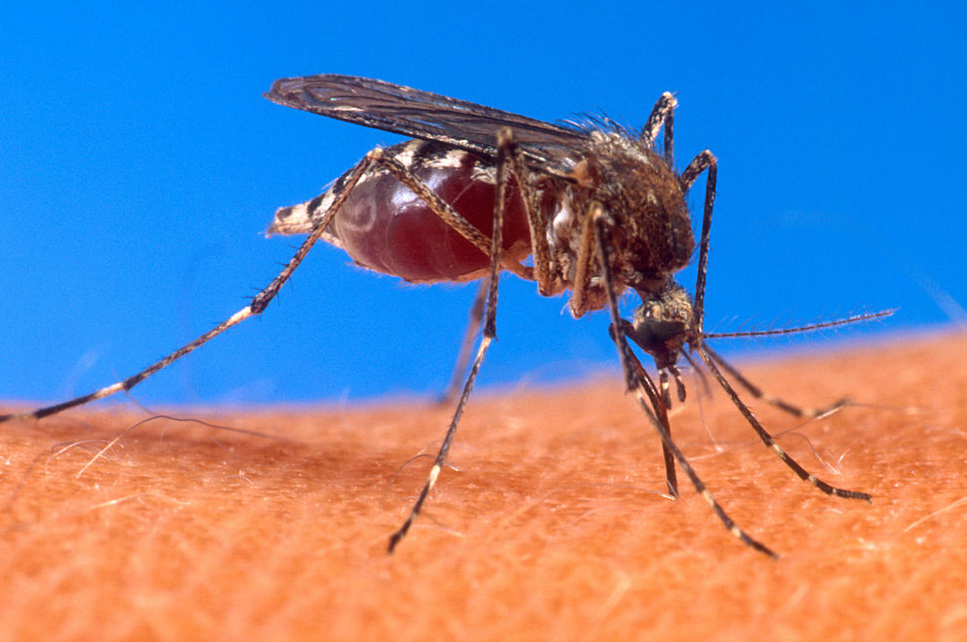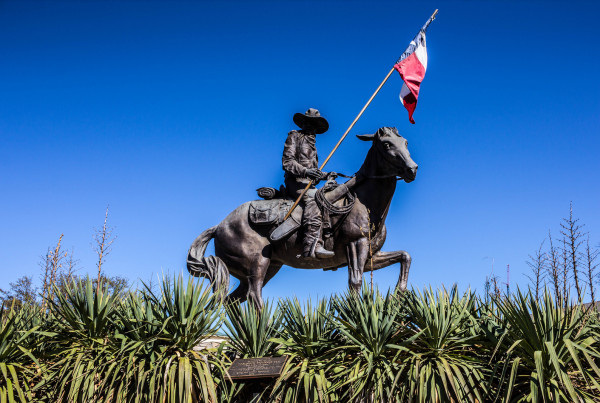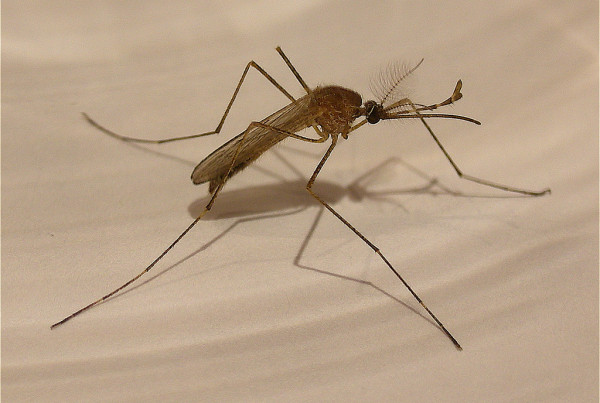One type of mosquito you really want to avoid right now is one that is out and about in the middle of the day. It is the type that carries a painful disease that’s spread from South and Central America into Mexico and perhaps soon, Texas. The disease we’re talking about is Chikungunya.
While this mosquito borne illness is not usually deadly…it’s very painful. In fact, its name translates to something like “that which bends up” in one African language.
Dr. Mike Merchant is a professor and an entomologist with the Texas A&M Agrilife Extension Office.
“It sounds so exotic at the time but you never figure it’s going to be in your own backyard,” Merchant says. “And, yet, here we are.”
Dr. David Florin has been studying Chikungunya in his job as the Texas State Medical Entomologist – following its possible spread to Texas has been a big part of his job.
“It has the potential to become established in Texas so, yeah, we’ve been paying quite a bit of attention to it,” Florin says.
A handful of Texas travelers have been diagnosed with the disease this year. But Florin says it’s less likely travelers will be responsible for the spread in Texas, and more likely that it’ll happen on its own, geographically.
“From the Caribbean, it gained landfall in South America, and is essentially now marching north,” Florin says.
But that doesn’t mean all parts of the state will be at risk. The disease will likely stick to more humid regions – At least that’s what Dr. Florin thinks right now.
“If you’re looking for a forecast, I would say, those same areas in Texas that have experienced Dengue outbreaks will be at high risk for Chikungunya,” Florin explains. “The border region, the coast region, from the coast to about 200 miles inland – that entire swath will be especially high-risk.”
With the threat of Chikungunya arriving in Texas… while West Nile Virus and other mosquito borne diseases already here – how careful do we need to be to avoid mosquito bites? We asked Agrilife Extension’s Dr. Mike Merchant.
“I struggle with this even as an entomologist who tells people to wear repellant on all the time. ‘Oh sure, I can just walk out in the backyard and light the barbecue and it won’t be a big deal if I don’t put repellant on,” Merchant says. “But especially if Chikungunya does start to show up in Texas, we need to be really extra careful with using repellants.”
With all water saturating the state combining with summer heat – it’s something to consider.

















